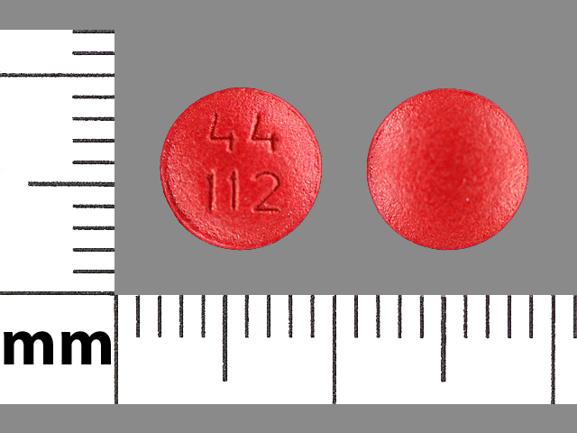Pseudoephedrine Interactions
There are 220 drugs known to interact with pseudoephedrine, along with 6 disease interactions, and 1 alcohol/food interaction. Of the total drug interactions, 21 are major, 193 are moderate, and 6 are minor.
- View all 220 medications that may interact with pseudoephedrine
- View pseudoephedrine alcohol/food interactions (1)
- View pseudoephedrine disease interactions (6)
Most frequently checked interactions
View interaction reports for pseudoephedrine and the medicines listed below.
- Adderall (amphetamine / dextroamphetamine)
- Alcohol (contained in alcoholic beverages) (ethanol)
- Aleve (naproxen)
- Allegra (fexofenadine)
- Augmentin (amoxicillin / clavulanate)
- Benadryl (diphenhydramine)
- Claritin (loratadine)
- CoQ10 (ubiquinone)
- Cymbalta (duloxetine)
- Fish Oil (omega-3 polyunsaturated fatty acids)
- Flexeril (cyclobenzaprine)
- Flonase (fluticasone nasal)
- Lexapro (escitalopram)
- Lyrica (pregabalin)
- MiraLAX (polyethylene glycol 3350)
- Mucinex (guaifenesin)
- Mucinex DM (dextromethorphan / guaifenesin)
- Paxlovid (nirmatrelvir / ritonavir)
- Pepto-Bismol (bismuth subsalicylate)
- Singulair (montelukast)
- Tylenol (acetaminophen)
- Vitamin B12 (cyanocobalamin)
- Vitamin C (ascorbic acid)
- Vitamin D3 (cholecalciferol)
- Vyvanse (lisdexamfetamine)
- Wellbutrin XL (bupropion)
- Xanax (alprazolam)
- Zofran (ondansetron)
- Zoloft (sertraline)
- Zyrtec (cetirizine)
Pseudoephedrine alcohol/food interactions
There is 1 alcohol/food interaction with pseudoephedrine.
Pseudoephedrine disease interactions
There are 6 disease interactions with pseudoephedrine which include:
More about pseudoephedrine
- pseudoephedrine consumer information
- Compare alternatives
- Pricing & coupons
- Reviews (95)
- Drug images
- Side effects
- Dosage information
- Patient tips
- During pregnancy
- Support group
- Drug class: decongestants
- Breastfeeding
- En español
Related treatment guides
Drug Interaction Classification
| Highly clinically significant. Avoid combinations; the risk of the interaction outweighs the benefit. | |
| Moderately clinically significant. Usually avoid combinations; use it only under special circumstances. | |
| Minimally clinically significant. Minimize risk; assess risk and consider an alternative drug, take steps to circumvent the interaction risk and/or institute a monitoring plan. | |
| No interaction information available. |
See also:
Further information
Always consult your healthcare provider to ensure the information displayed on this page applies to your personal circumstances.


